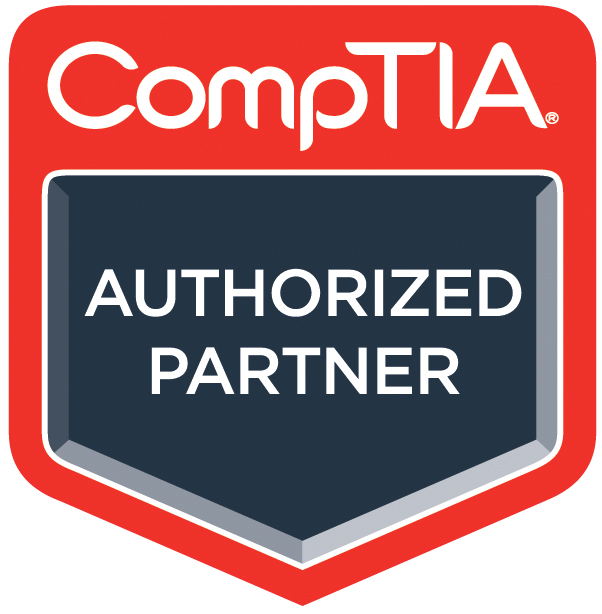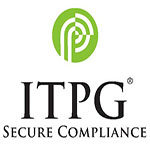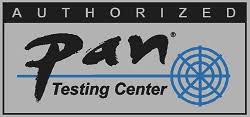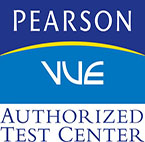What Skills Transfer into IT and Cybersecurity?
By contributor Lyan Ware
Thinking about breaking into the cyber security and information technology industry, but don’t have much experience in the field? The good news is that you likely already possess many skills from your previous work experience that can easily transfer to IT. Being able to sell those skills, along with getting trained and certified can have you employed in the field within a year. Here are some examples of transferable skills well suited to IT and cyber security:

Communication – Across all industries, this soft skill is a fundamental. The ability to effectively relay information and ideas while maintaining consideration of your audience is key to getting anywhere. It’s no different in the IT world. Many entry-level jobs will require you to work with a team, interface with customers, train non-IT workers, and report to senior management, so having proficient communication skills is a necessity. Any past work experience that includes customer service, writing reports, developing and/or providing training, all fall under the umbrella of communication skills that transfer easily into IT/cybersecurity.

Data Analysis – Being able to take data and transform it into useful solutions is a skill that is in very high demand across several industries, including IT. If you’ve ever had to collect and compile data reports—discern trends and correlations from your findings, then you have experience in data analysis. You can specialize in Big Data Analytics, an IT career path with very lucrative pay. Many organizations use Splunk software and tools to organize and protect their massive amounts of data, so if you think you’d be interested in this aspect of IT, getting trained and certified in Splunk should be part of your career roadmap.

Behavioral Analysis – Reading behavioral patterns to contrive and predict outcomes is especially necessary in cybersecurity. Defending organizations against security breaches requires an understanding of how both threat actors and victims behave. Those with a background in applied behavioral analysis, criminal investigation, psychology, and law enforcement have experience and training in behavioral analysis. This skill is well-suited to multiple aspects of cyber security, including threat hunting, penetration testing, and solution-building for network infrastructure.

Technical Writing – A lot of work in cybersecurity requires documentation. Whether you’re filling out an incident report, detailing your methods and solutions to a problem, or creating a plan for a company’s playbook, knowing how to properly write is a fundamental, yet often overlooked aspect of working in the industry. If you’ve ever had to compose extensive reporting, create trainings, or write policies for a job, then you have some relevant experience. If writing is something you’re especially good at, then perhaps a career in working alongside engineers and developers creating instruction manuals is right up your alley.

Critical Thinking – This soft skill actually describes the use of a set of skills in harmony with one another, making it difficult to teach. It involves analysis, creativity, problem solving, decision making, communication, among others. Critical thinking skills are invaluable in the field, so being able to highlight examples of this from your previous career accomplishments will be vital in securing a job. Leading teams and heading up projects are great ways to demonstrate this highly desirable skill. If you’ve ever improved the efficiency of a process or procedure at work, then you’ve used critical thinking.

Risk Assessment – Any candidate who can showcase this skill will be very competitive because organizations need employees who are able to save them money. Risk assessment is a crucial facet of cyber security. Much of the training content focuses a lot on this skill, so any background in it will be advantageous toward a career pivot in the field. If you’ve ever been involved in building a crisis plan, or assessed liabilities for a company, then you have experience with risk assessment and risk management. Evaluating processes within an organization and making financially beneficial suggestions based on those evaluations is another demonstration of the skill.

Abstract Reasoning – This skill describes the ability to quickly assess novel situations. In other words, being able to solve problems and puzzles without having prior knowledge of the situation or circumstances. People who are especially gifted will likely thrive at ethical hacking, threat hunting, and penetration testing. Those who are especially adept at video games are likely to possess high abstract reasoning skills, although trying to market this hobby on a resume would be more than a bit unorthodox. There are other ways of demonstrating this skill. Showcasing accomplishments that involved the use of creative problem solving is a great way of proving this ability on a resume.

Spatial Awareness – When we’re talking about spatial awareness, we’re talking about the ability to understand and visualize how objects take up space. This includes being able to map out things in your head; being able to imagine how objects look like from different angles. Having good visual memory and discrimination, hand-eye coordination, figure-ground perception, all fall under the skill of spatial awareness. A great example of this skill is being able to optimally and easily pack objects into a box or knowing how to build things. People with high spatial awareness also tend to be good at math. This skill is especially useful in the field because it allows you to be able to find anomalies and solve problems with network infrastructure. Programming and development also require an extensive use of this skill.
After taking inventory of the skills you already have, and doing some preliminary research on what aspects of IT and cybersecurity you’re interested in, you can then determine what kind of certifications and training you’ll need in order to break into the industry. Even without any previous work experience in the field, you can collect hours on home labs and volunteer work to beef up your resume and acumen. If you’re certain that you want to get into IT but aren’t sure what role you want to get into, obtaining your CompTIA Security+ certification is a great starting point since it is an industry standard basic certification.
The good news is that our training programs not only prepare you for the certification exams, but also prepare you for the job hunt through our career services team and workshops. Intellectual Point will provide you with mentorship and resources for your whole IT career lifecycle. Many of our graduates who go on to become employed begin with little to no experience in IT. So, don’t be intimidated! A promising and lucrative future for you in this ever-expanding job market is not only possible, it has become a reality for many hundreds of alumni already.
How to Gain Cyber Security Experience for Your Resume
Ways to Break into the Cyber Security Industry





































Leave a Reply
You must be logged in to post a comment.